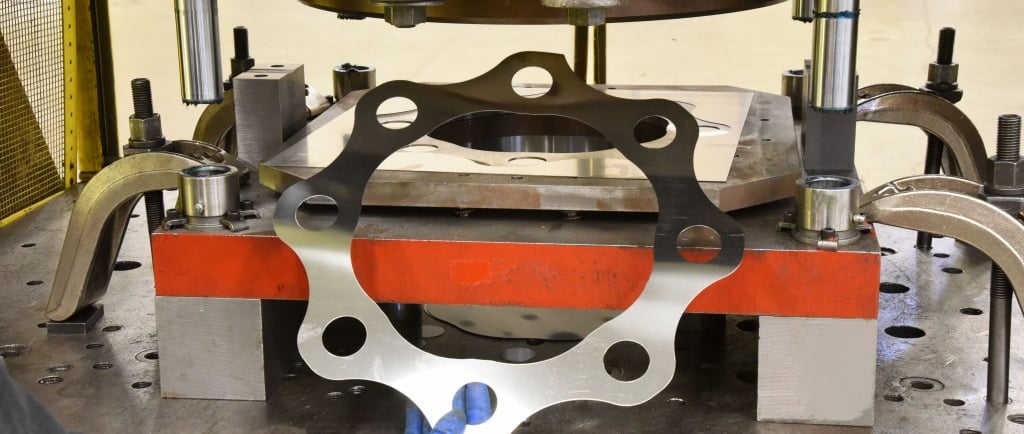How Precision Engineering is Transforming Automotive Manufacturing
Discover how precision engineering and advanced manufacturing processes are transforming the automotive industry. Learn about modern techniques, quality systems, and future trends that help manufacturers deliver reliable, cost-effective, and innovative solutions.
PRECISION ENGINEERINGMANUFACTURINGAUTOMOTIVE
Get in touch → Email: info@auto-techindustries.com
9/25/20252 min read


Introduction
In today’s fast-paced automotive industry, margins are tight and quality expectations are high. At AutoTech Industry, we believe the difference between a good part and a great part lies in precision engineering, process innovation, and continuous improvement. In this blog, we will explore how precision fabrication, smart design, and quality systems are reshaping automotive manufacturing — and why these trends matter for your business.
1. The Rise of Precision Engineering in Auto Parts
What is precision engineering?
Precision engineering involves manufacturing components with extremely tight tolerances, consistent performance, and minimal defects.Why it matters for automotive
Even a small deviation can lead to part failure, increased warranty costs, or inefficient assembly lines. Higher quality parts mean more reliability, less rework, and better reputation.Our approach at AutoTech
We use advanced sheet metal stamping, fabricated assemblies, and fixtures engineered to match exact specifications and reduce waste.
2. Modern Techniques & Technologies
CNC & automated stamping machines
These machines operate with higher accuracy than manual methods, achieving consistent dimensions batch after batch.Fixture design & jigs
Smart fixture design ensures repeatability, reduces alignment errors, and speeds up assembly.Simulation & design validation
Before manufacture, we validate designs using CAD/CAE tools to catch issues early.Materials & surface treatments
Choosing the right metal grade and finishing processes ensures longevity, corrosion resistance, and form stability.
3. Quality Management & Zero-Defect Philosophy
ISO 9001:2015 certification
At AutoTech, we are ISO 9001:2015 certified — which means we follow standardized processes and quality audits.In-process inspections & testing
From dimensional checks to stress testing, we inspect critical parameters at every stage.Root cause analysis
If a defect appears, we don’t just fix it — we dig into why it occurred and improve processes.
4. Benefits for Clients & OEMs
Lower total cost
Fewer defects, less rework, and shorter lead times lead to better cost efficiency.Consistent reliability
Parts built to precise specs perform better under load and last longer.Faster time to market
With digital design, simulation, and efficient workflows, we reduce delay between design and delivery.Scalable production
Whether you need small prototypes or large batch runs, precision systems scale smoothly.
5. Trends That Will Dominate the Future
Smart manufacturing / Industry 4.0
IoT sensors, data analytics, and automation will continuously monitor and optimize processes.Lightweight & advanced materials
Adoption of aluminum alloys, high-strength steels, composites — requiring precision in forming.Sustainability & resource efficiency
Minimizing waste, recycling materials, and energy-efficient production will be crucial.Flexible manufacturing
Ability to switch designs quickly, smaller batch sizes, and modular tooling setups.
Conclusion
Precision in engineering is no longer optional — it’s essential. As the automotive industry accelerates into the future, only manufacturers who can balance speed, quality, and innovation will thrive. At AutoTech Industry, we are committed to pushing those boundaries. If you want to discuss your next sheet metal or assembly project, feel free to reach out.
Contact
Get in touch for manufacturing solutions.
Follow Us
Connect
+91 762 056 4381
© 2025. All rights reserved.
